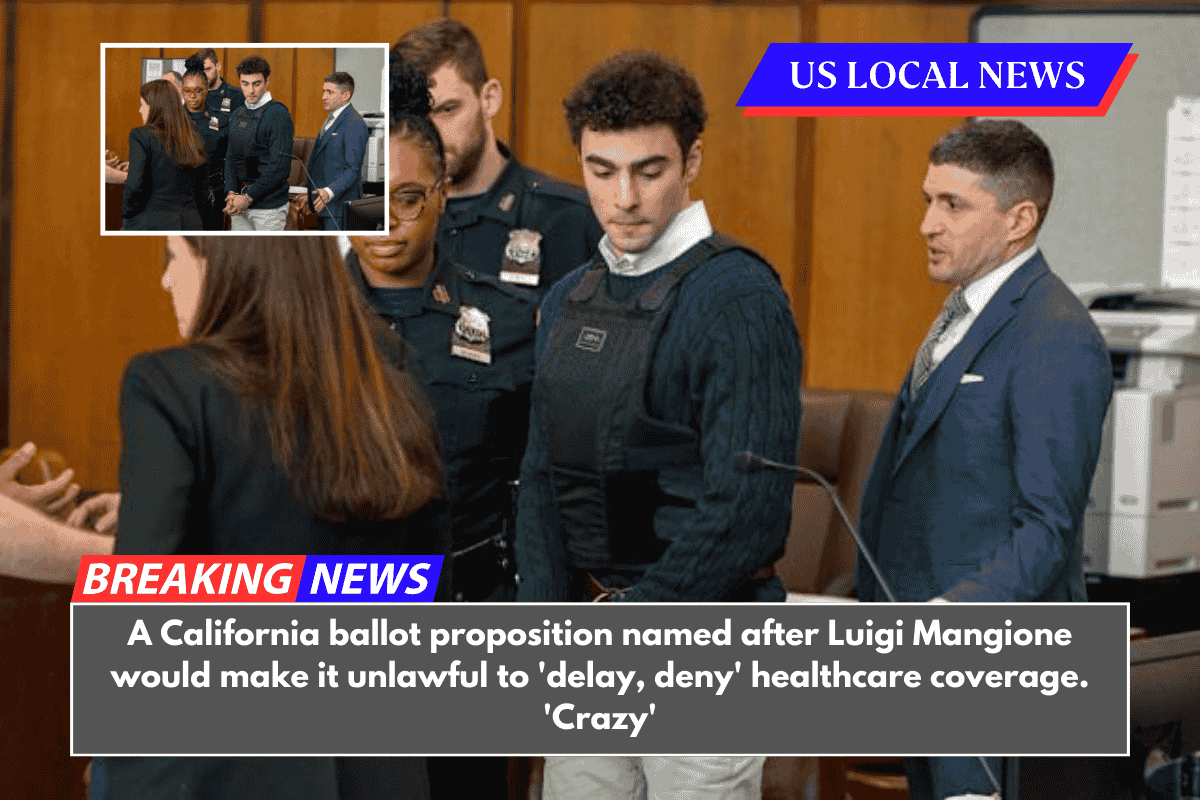In a 2-1 decision Wednesday, a federal appeals court refused to overturn U.S. District Judge James Boasberg’s order preventing the Trump administration from quickly deporting migrants under the Alien Enemies Act.
The Justice Department had urged the three-judge panel of the United States Court of Appeals for the District of Columbia Circuit to immediately block Boasberg’s order, characterizing it as an intrusion into the president’s executive authority over national security.
The case has received widespread attention after the administration used a rarely used law to quickly deport hundreds of migrants whom officials claim are Venezuelan gang members to a notorious El Salvador prison.
The Alien Enemies Act can only be used during a declared war or a “invasion” by a foreign nation. The law has only been used three times before, all during wartime, but Trump claims he can use it because the Venezuelan gang Tren de Aragua is effectively invading the United States.
“The theme that rings true is that an invasion is a military affair, not one of migration,” U.S. Circuit Judge Karen Henderson, appointed by President George H.W. Bush, argued in her solo opinion.
Henderson joined U.S. Circuit Judge Patricia Millett, a former President Obama appointee, to form a majority against the administration, but Millett believed the court lacked jurisdiction over the case due to Boasberg’s temporary order.
Both emphasized the case’s preliminary nature and stated that Boasberg will soon rule on whether to grant a longer injunction.
“The government will have ample opportunity to prove its case and its evidence should be afforded the requisite deference due the President’s national security judgments,” Henderson added.
U.S. Circuit Judge Justin Walker, who was appointed by Trump during his first term, dissented, arguing that the migrants should challenge their detention in Texas before being flown out of the country via a habeas petition.
“And whatever public interest exists for the Plaintiffs to have their day in court, they can have that day in court where the rules of habeas require them to bring their suit — in Texas,” Walker wrote in his note.
The Trump administration may now seek an emergency review from the Supreme Court, but the case is currently being heard in Boasberg’s court.
Boasberg, an Obama-appointed judge, has promised to “get to the bottom” of whether several deportation flights that left the country on Saturday, March 15, violated his order that day, which barred the swift deportations and required any airborne flights to turn around.
The administration has insisted that it did not violate the judge’s written order, but has refused to provide additional details about the flights, citing the state secrets privilege. The plaintiffs have until Monday to respond to the privilege assertion.
“The decision means that hundreds of individuals remain protected from being sent to a notorious black-hole prison in a foreign country, without any due process whatsoever — perhaps for the rest of their lives,” Lee Gelernt, deputy director of the American Civil Liberties Union’s (ACLU) Immigrants’ Rights Project, who argued the case, said in a statement.
Skye Perryman, president of Democracy Forward, a left-leaning organization that represents the plaintiffs alongside the ACLU, described Wednesday’s ruling as a “important step.”
“President Trump is bound by the laws of this country, and those laws do not allow him to use wartime powers when the United States is not at war or has not been invaded to remove people from the country without due process.
Despite the President and administration’s ongoing attacks on the rule of law and the judges and lawyers sworn to protect it, as well as their reckless disregard for court orders, it is undeniable that the legal system in this country is doing its job to protect people’s rights,” Perryman said in a statement.





















